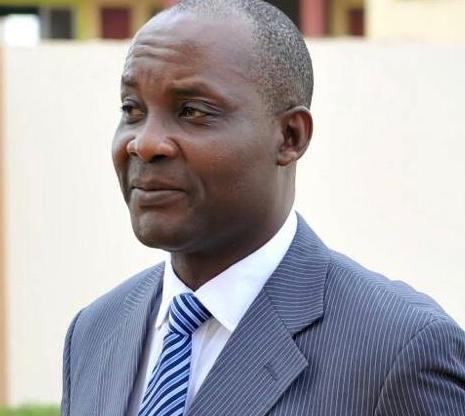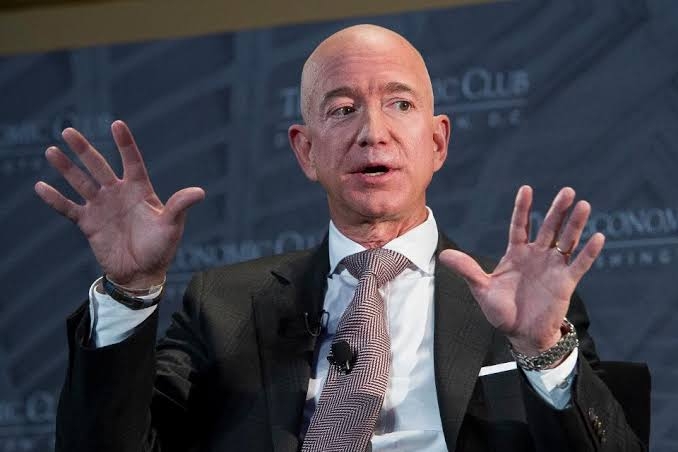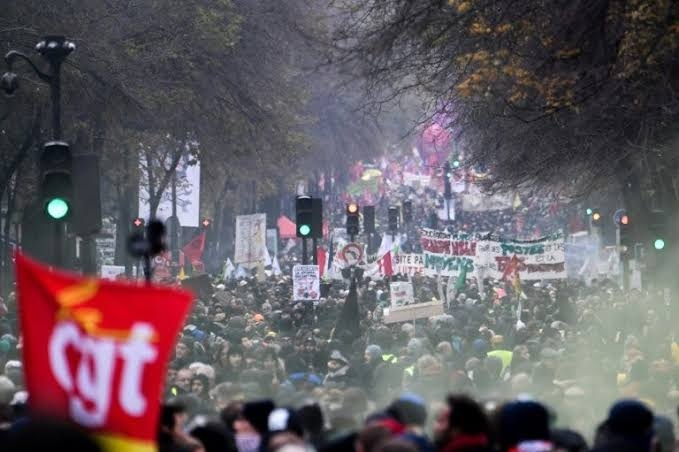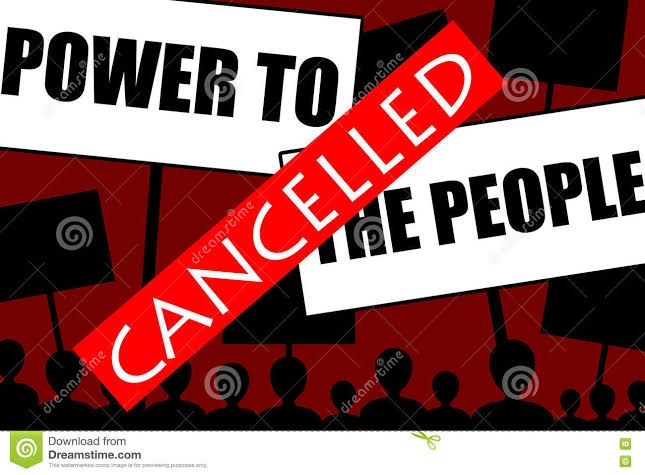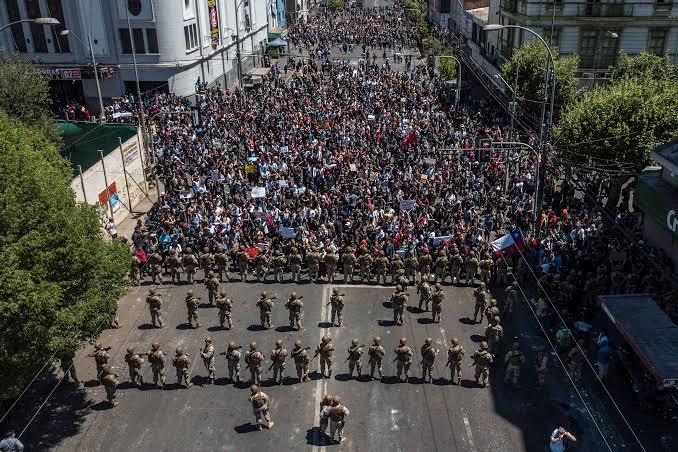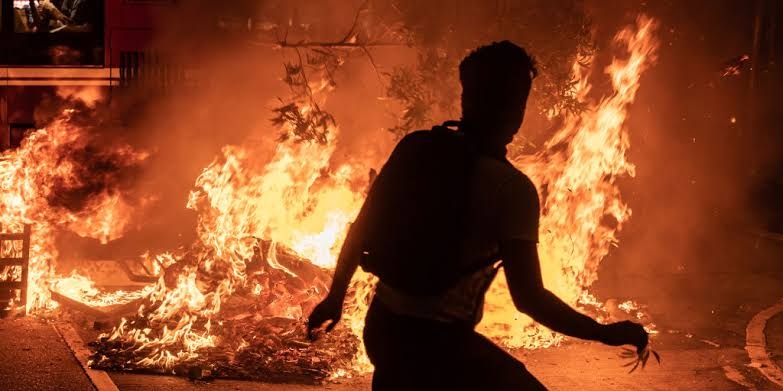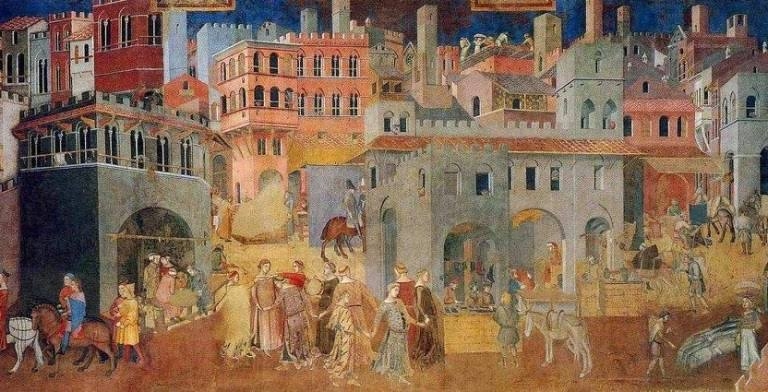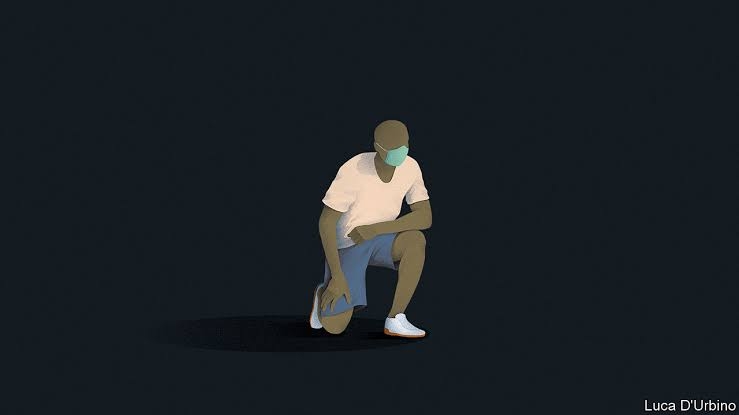One Sunday in mid-May 2011, I got a call from an elder of my hometown, Ota. He needed to see me urgently, he said, and asked where I was. As it turned out, I had actually just gotten to Ota that afternoon. I was billed to speak at a training programme being organised for State House of Assembly officials from across the country the next day at the Africa Leadership Forum. The old man said he would soon see me and in no time he had arrived. Without any preambles, he told me his mission. "Ilu lo ran mi si e", he said. (It's the town that sent me to you.) I had no cause to doubt him given his high position in the Ota traditional council. Plus, the then Kabiyesi had been my French teacher in high school and a friend of my late dad's to whose burial two years earlier he had sent a high powered delegation and his staff of office. Anyway, the old man said and I will try to paraphrase in English:
"We know you resigned from Gbenga Daniel's government due to some differences but we are sure you have no quarrel with Ogun State. A new Governor has been elected and Kabiyesi has been asked to present strong candidates to fill positions so that Ota is not left behind." I asked him what position exactly I was being proposed for and he said, "Everyone thinks you performed well as Chief of Staff. We want you to return to that post and it will be a great honour to the Awori to have their son in such a powerful position". I felt quite honoured, as indeed anyone would with such recognition from their kindred. But I still asked him what level of clearance he had to make such an offer. He then placed a call. On the other end of the line was an egbon from Ota who had played a key role in the emergence of the new Governor. The old man told him I was raising an issue about the level of clearance for the offer he was making and he obviously asked to speak with me. The egbon then told me that whatever I was hearing from "Baba" was based on a conversation between the Governor-elect and the Ota elders. After ending the call, it was now left for me to respond to the offer being conveyed by the old man. I told him that it was not going to be possible for me to take up the offer for three reasons:
1. Anyone who has run a campaign to be State Governor must already have an idea of who his Chief of Staff was going to be from amongst his entourage. That position was too sensitive to be filled by third party recommendation;
2. I was not a part of the campaign structure and there must be people who had served so well in that structure and who would, justifiably, expect to be the beneficiaries of preferment to such high office. Introducing a "stranger" into their midst at such a high level will only bring crisis to the new government and anyone so appointed will spend his time putting out fires and may never be able to settle down to do the job; and
3. My understanding of the role of the Chief of Staff is that its occupant must have a deep familiarity with his principal almost to a very personal level. He should be able to second- guess his principal's likes and dislikes as well as his preferences. I gave the old man an example of walking into the Governor's waiting room and finding a paramount ruler and a lowly alfa waiting to see the Governor. A Chief of Staff must know why the Governor may wish to see the alfa first and also have the skills to ensure that the paramount ruler did not feel offended. Such must be the level of familiarity - which I did not enjoy with the man I was being asked to work with.
After listening to me, the old said "mo gbo ni o, mi o tii gba". (I have heard you but I have not agreed.) He then promised to brief Kabiyesi on our meeting and get back to me. I was quite relieved that he didn't ask that I go with him to see Kabiyesi. And since I knew I was going to be away from the country from the following Wednesday, my mind was somehow at rest. By the time I returned from my trip, the new Governor had been sworn in and governance had gotten well on the way. The matter, quite naturally, died a natural death.
I recount this experience in the light of the ongoing hullabaloo over the appointment of critics into government positions. Even though I would not count myself as a critic of the new government that I was being asked to serve then, the fact that I served in the administration that it was replacing already put me in some kind of opposition - regardless of my early exit. My private view is that today's Nigeria may not yet be ready for the kind of elevated politics that service across party lines may imply. The self respecting critic is therefore better advised to keep to his lane. And if there is any service that the regime feels he or she is able to offer, they must find a way other than appointment to get that service. Too many feathers are ruffled when you pluck a stranger from the ranks of critics and place them at the head of a long line of loyalists who had queued for so long for the appointments.

